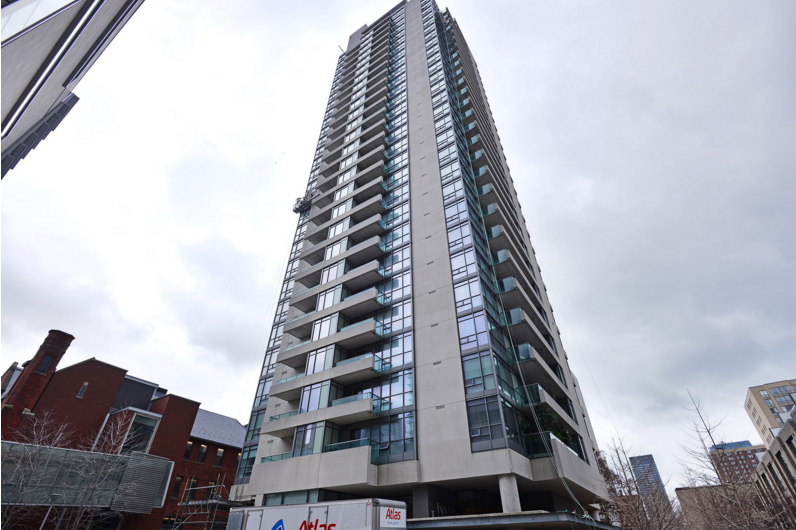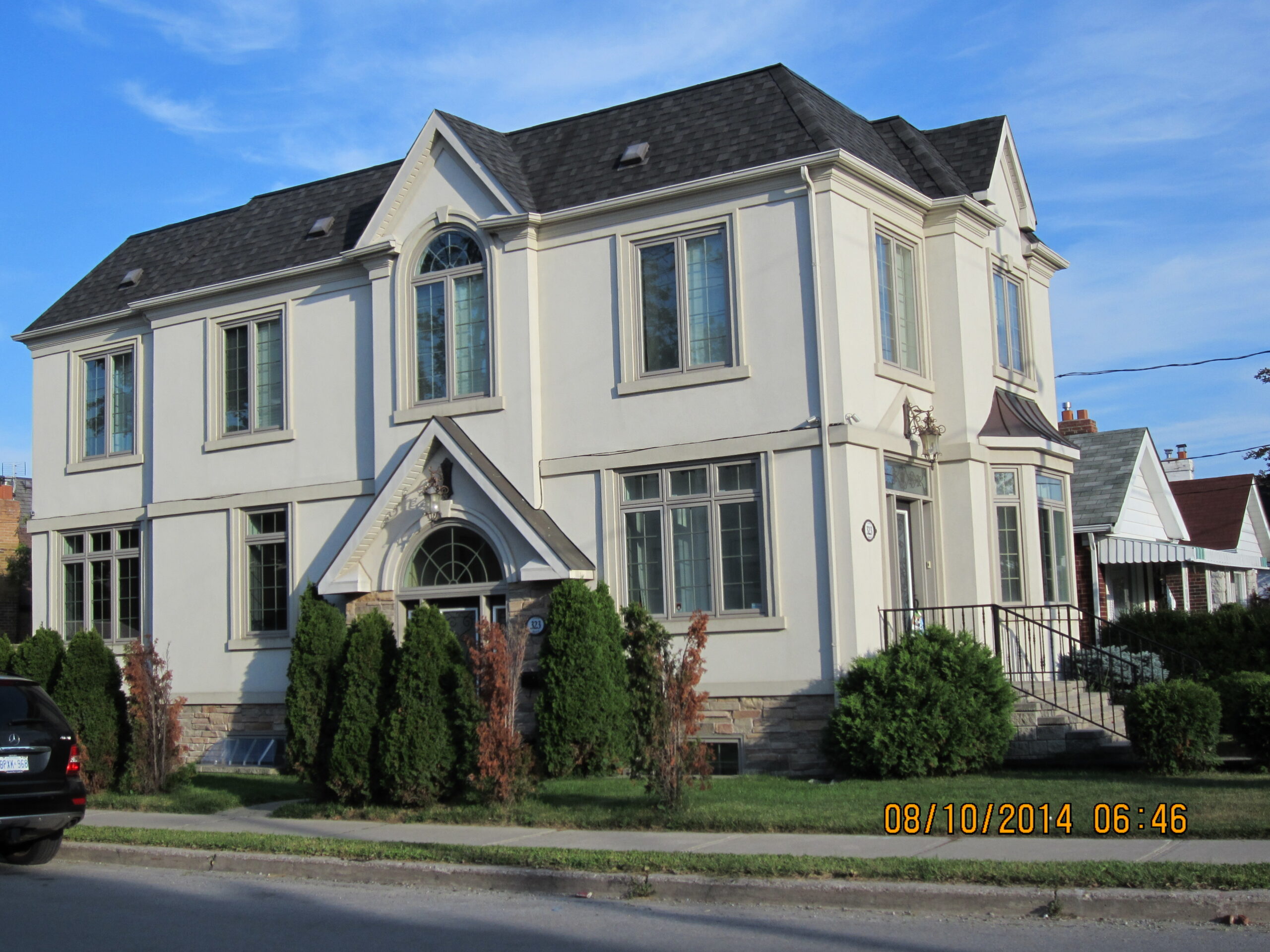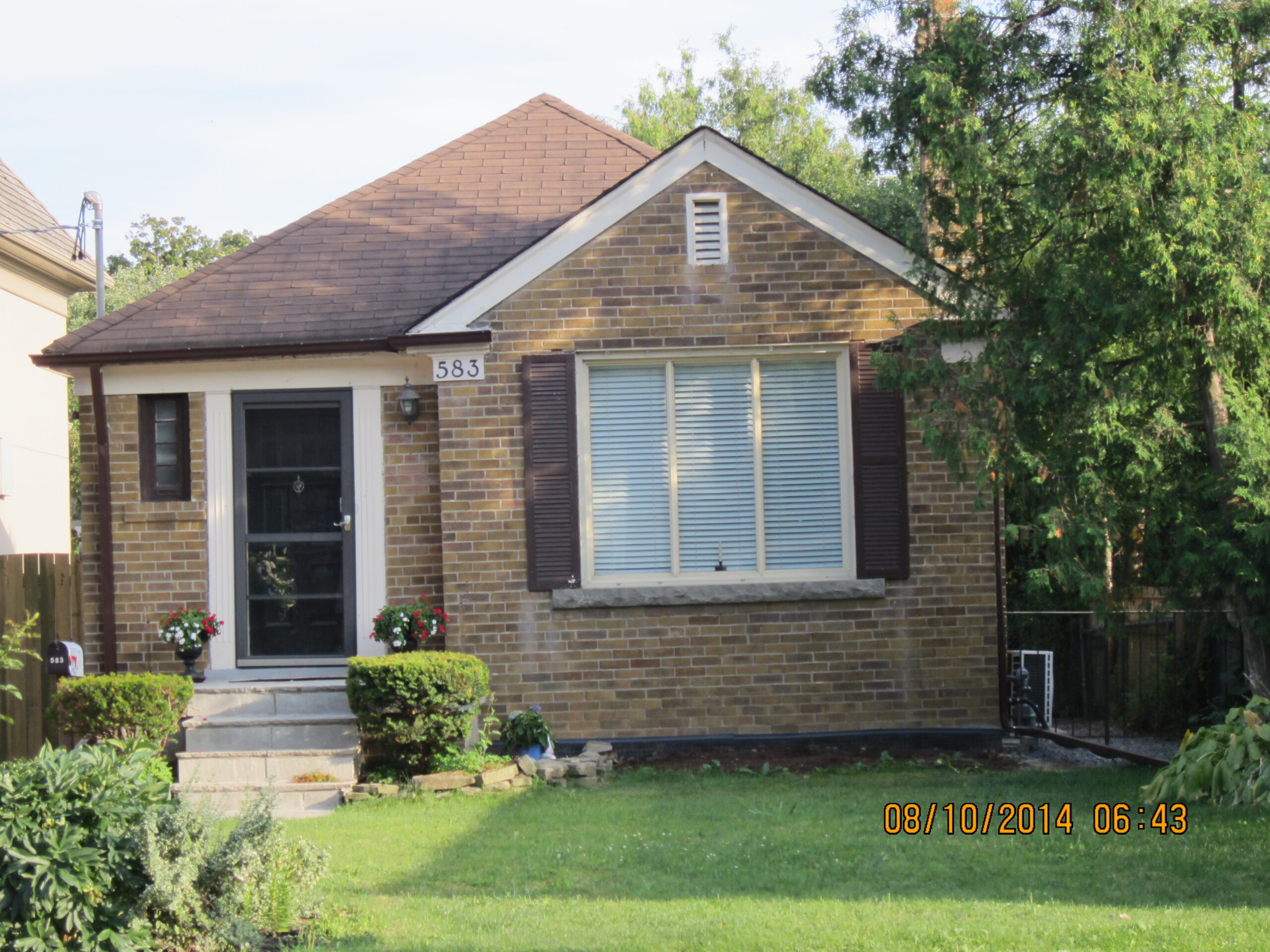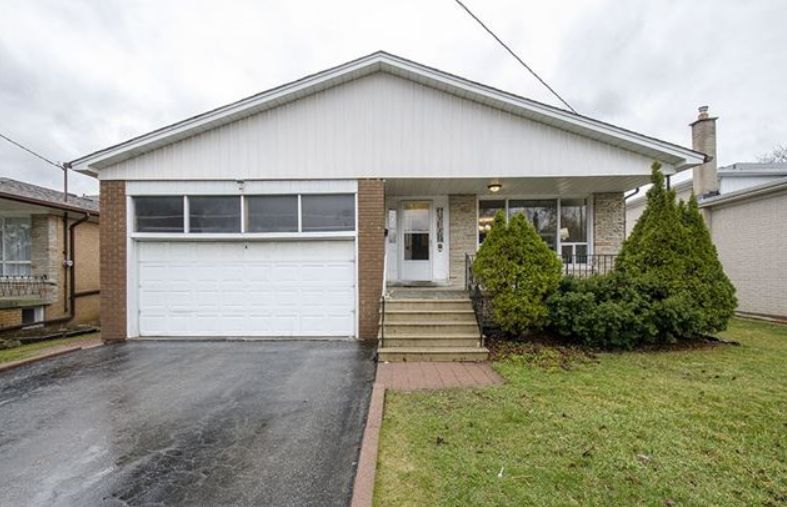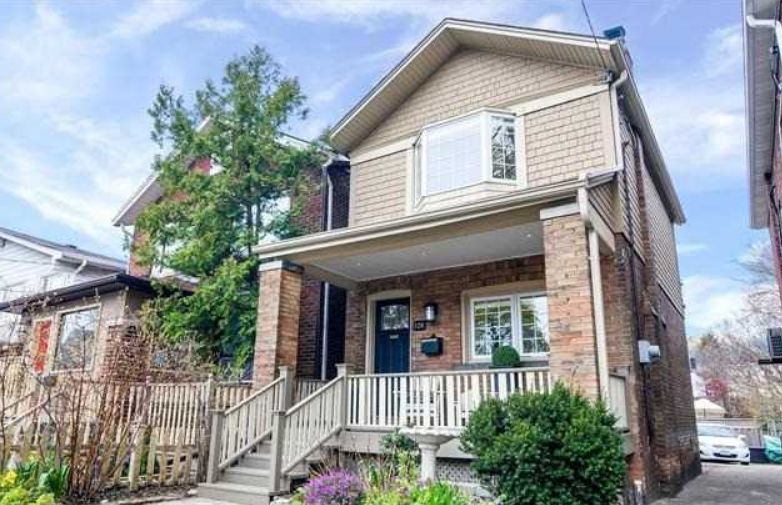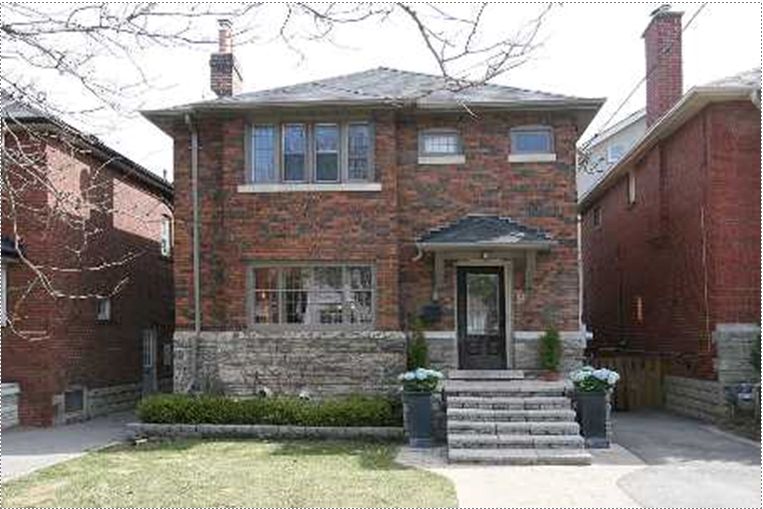The push to license landlords of the City of Toronto’s apartment buildings is now in council’s hands, despite what some called an attempt to delay the issue by Mayor John Tory’s office.
On Thursday, the licensing and standards committee voted unanimously to ask council to move ahead with consultations on a licensing framework that would ensure building standards are uniformly maintained and more effectively penalize landlords who don’t keep up.
“Too many tenants are living in conditions that are sub-standard, even awful, and city hall doesn’t have the tools to protect them,” said Councillor Josh Matlow, who, as chair of the tenant issues committee and a member of the licensing committee, has been advocating for a better enforcement system.
“Tenants are 50 per cent of Toronto’s population. I believe all of us who are elected to city hall have a responsibility to have courage and do the right thing, and I believe we did that today.”
But that push to move ahead with a plan for landlord licensing for Toronto was questioned by the mayor on Thursday.
Speaking to reporters during the debate at an unrelated media availability at police headquarters, Tory agreed a lot of landlords do not “live up to their responsibilities,” but that licensing was not necessarily the solution.
At city hall, licensing committee member Councillor Glenn De Baeremaeker moved to refer the item back to staff, arguing that doing so could actually speed up the process.
Tenant advocacy groups at city hall Thursday said they’re happy to see a plan for landlord licensing overcome this hurdle, and that the best set of rules can be developed through consultation.
“We’ve been fighting an uphill battle for 12 years,” said ACORN (Association of Community Organizations for Reform Now) spokesperson Natalie Hundt. “This is important to tenants because it’s abusive. It’s abusive to the families, the children, the seniors, everybody who lives in squalor.”
Daryl Chong, president and CEO of the Greater Toronto Apartment Association, which represents area property managers, said licensing is not an “effective” use of city resources and that the city should focus on bad landlords who have already been identified.
“I think the city already has enough tools at its disposal,” he said.
In the meantime, ACORN says the low-income residents it represents continue to battle daily with failing standards, with little reprieve even after the city issues work orders to their landlords.
As proposed, landlord licensing would apply to some 3,300 rental apartment buildings with 10 units or more that are three storeys or higher. It would not apply to condos or co-ops.
If the concept is approved by council, staff will conduct consultations over the summer and report back in the fall. Council meets starting June 7, 2016.
Read the full post in Toronto Star

